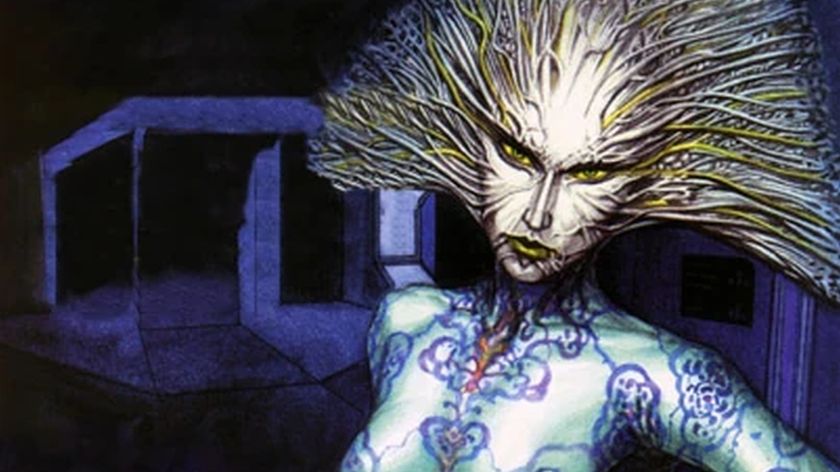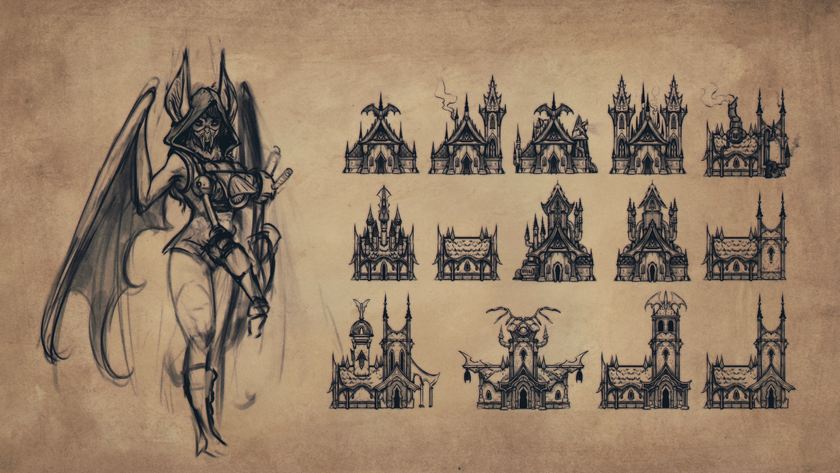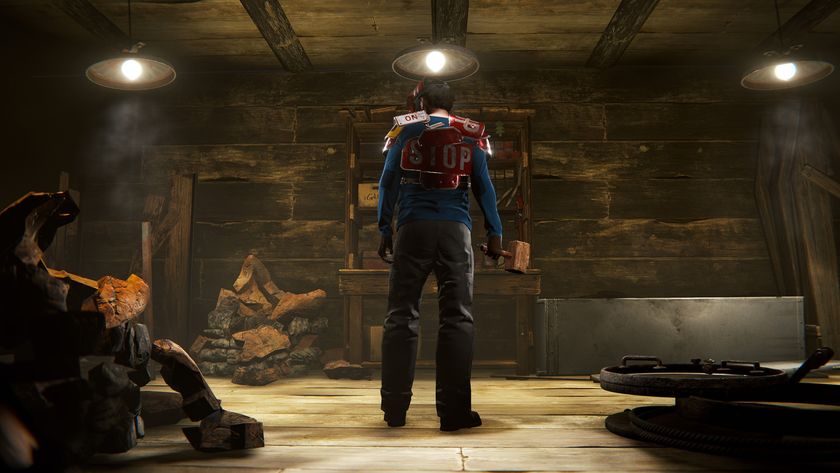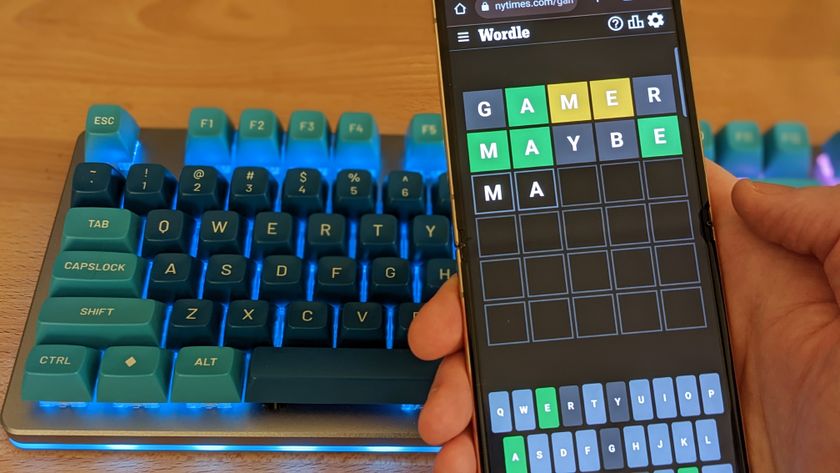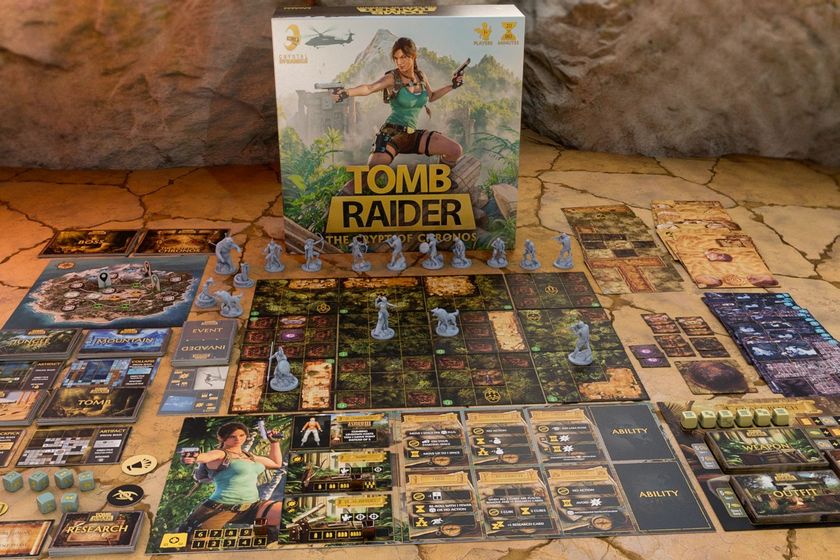Steam bans award logos and review scores in key art images
Simplicity and readability are preferred.
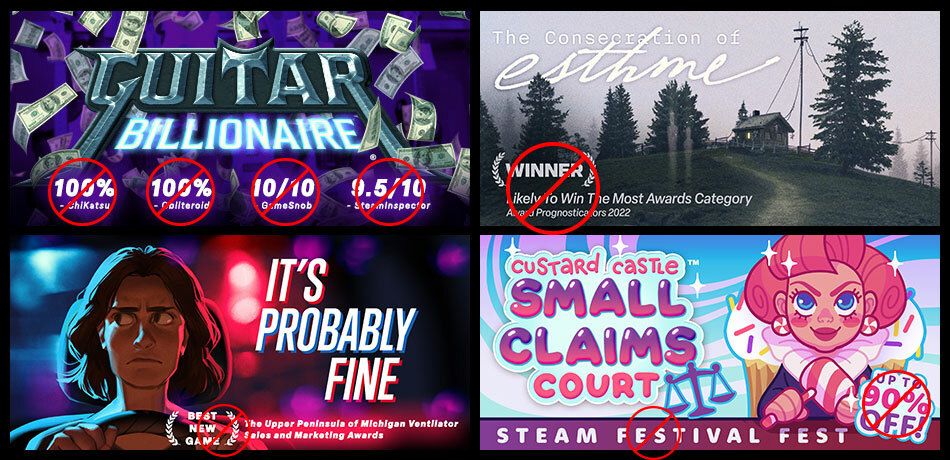
It's not uncommon to see a Steam game's key art overcrowded with award logos, review scores, and discount text. It's a way for publishers and developers to convey that their game is worth considering, but it can also be annoying at best, misleading at worst. To eliminate both annoyance and potentially suspect behavior (ie, award logos for awards that may not exist, or review scores from sites that are a little dodgy), Steam has imposed a new rule that will do away with them entirely.
According to Valve the most obvious problem is that award logos, reviews and discount adverts clutter the image, often shrinking the actual game logo to the point of indecipherability. Other problems include the use of review scores "that are no longer accurate", as well as the baked-in use of English language text that is "isolating much of the Steam audience that doesn't speak English." Besides, Valve points out that each Steam page has its own place for review scores, awards and discounts (especially so, if you're using Augmented Steam).
So there are some new hard-and-fast rules about store key art, or in Valve's words, "store graphical assets". Starting from September 1, review scores, award names and discount marketing copy are all banned. Similarly, any "text or imagery promoting a different product" (such as a sequel) is banned, as is any other "miscellaneous text". If a publisher or developer is promoting a new seasonal update, or major patch, these need to use "artwork overrides" which are basically a separate layer over the existing image.
These new rules compliment existing rules that were a little more vague; you can read all about it in the announcement. In the future, you won't see game key art advertising a 10/10 review score from TopGamerReviews, with award ribbons like "Best Strategy Game Ever Made As Voted By My Dad After Two Beers Last Saturday".
The biggest gaming news, reviews and hardware deals
Keep up to date with the most important stories and the best deals, as picked by the PC Gamer team.

Shaun Prescott is the Australian editor of PC Gamer. With over ten years experience covering the games industry, his work has appeared on GamesRadar+, TechRadar, The Guardian, PLAY Magazine, the Sydney Morning Herald, and more. Specific interests include indie games, obscure Metroidvanias, speedrunning, experimental games and FPSs. He thinks Lulu by Metallica and Lou Reed is an all-time classic that will receive its due critical reappraisal one day.


